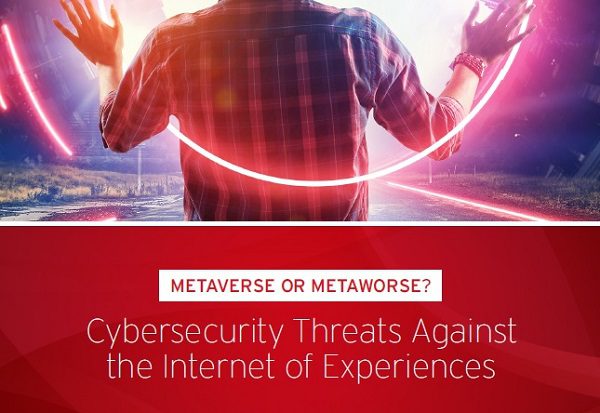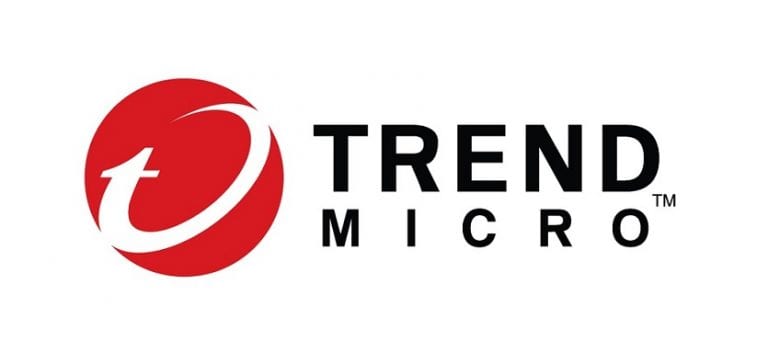The term “metaverse” was created by author Neal Stephenson for his 1992 cyberpunk novel Snow Crash. It describes the virtual reality (VR) world in which the book’s protagonist, Hiro, socializes, shops, and vanquishes real-world enemies through his avatar.1 Hiro accesses the metaverse using a pair of VR goggles and a headset and appears inside the digital world as an avatar. Virtual spaces that allow people to explore and interact with massive virtual worlds using avatars (albeit minus the immersive VR experience that is the cornerstone of Snow Crash) already exist, mostly in the form of massively multiplayer online role-playing games (MMORPGs) such as Roblox, Minecraft, Fortnite, and Second Life.
Stephenson’s science fiction metaverse is an immersive virtual world in which players can escape and lead parallel lives. The real world metaverse that we can interact with today is a collection of disjointed VR worlds catering mostly to gamers rather than everyday users. All of that is expected to change in the next couple of years.
In October 2021, Facebook announced that they were going to rebrand themselves2 as Meta and focus research and development efforts on building the metaverse. According to Facebook, “the metaverse will feel like a hybrid of today’s online social experiences, sometimes expanded into three dimensions or projected into the physical world. It will let you share immersive experiences with other people even when you can’t be together – and do things together you couldn’t do in the physical world.”3 An immersive user experience not tied to a specific game or virtual reality application is long overdue, and Meta is the first tech giant to publicly pledge their support to building it.
With the advent of new and emerging technologies such as augmented/virtual/mixed/extended reality (AR/VR/MR/XR), the internet of things (IoT), artificial intelligence & machine learning (AI/ML), distributed ledger technology (DLT), IPv6, and the Spatial Web, a new interactive application layer was needed to provide a foundation for integrating all of these technologies and build the Internet of Experiences (IoX)…


